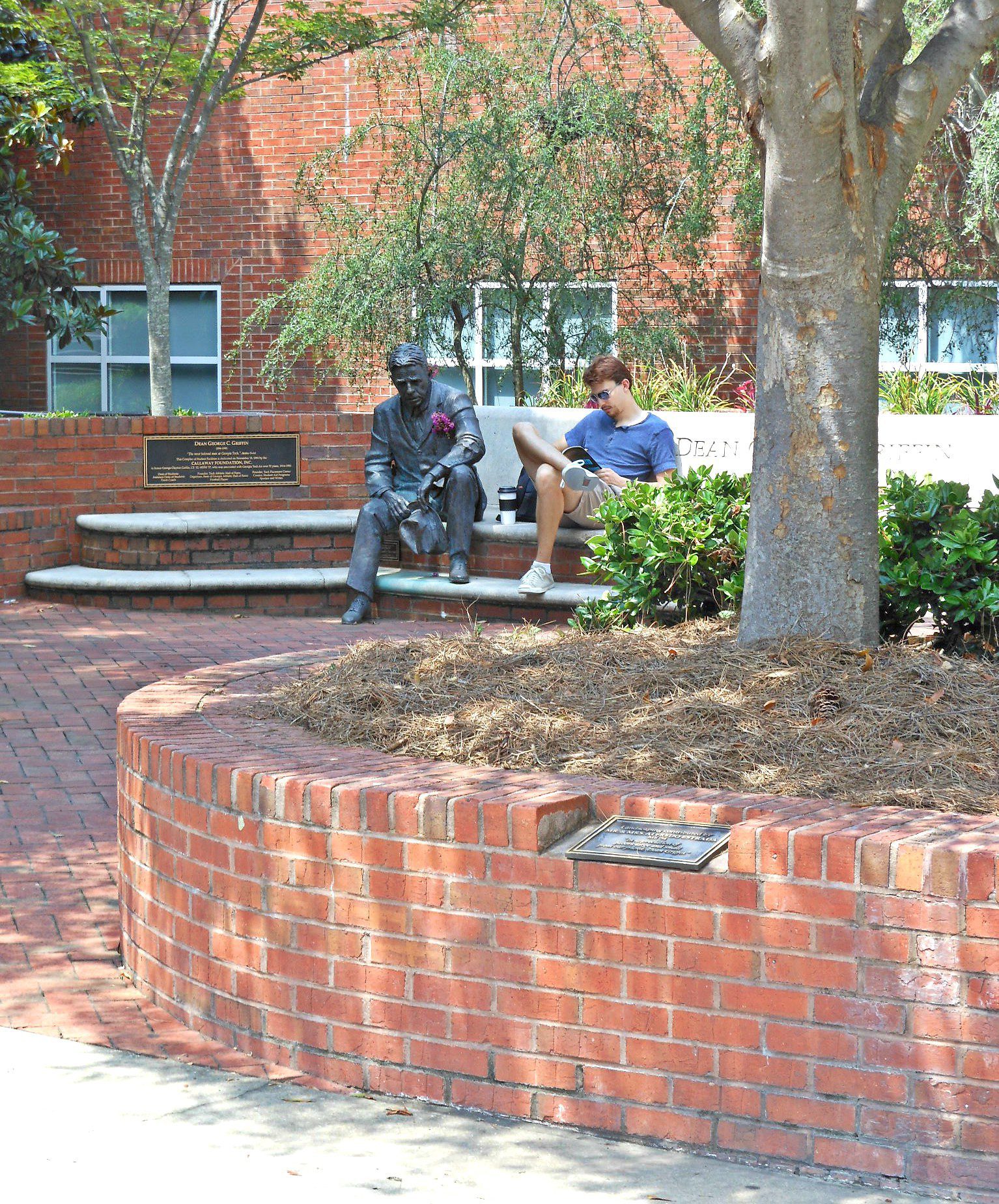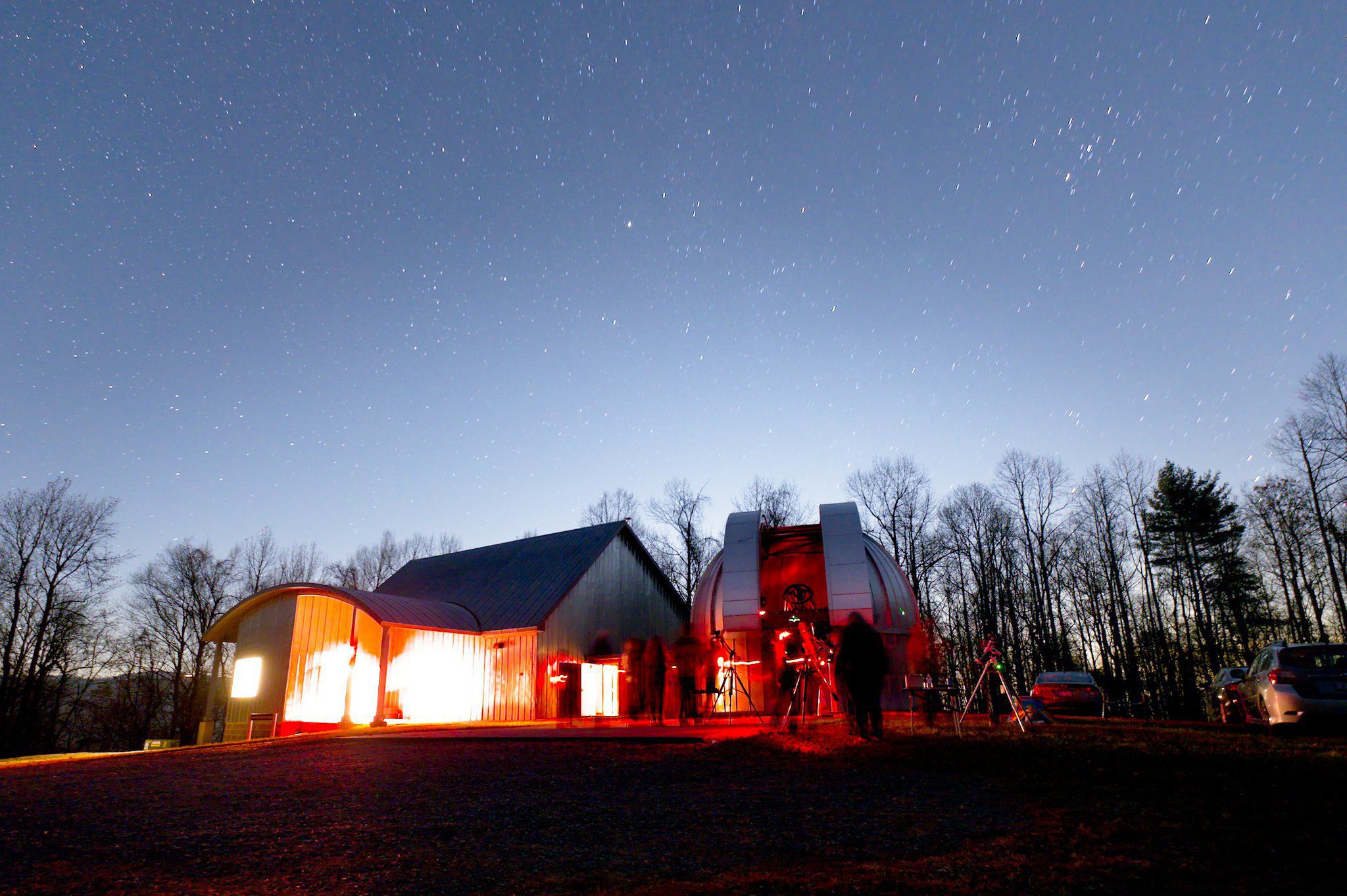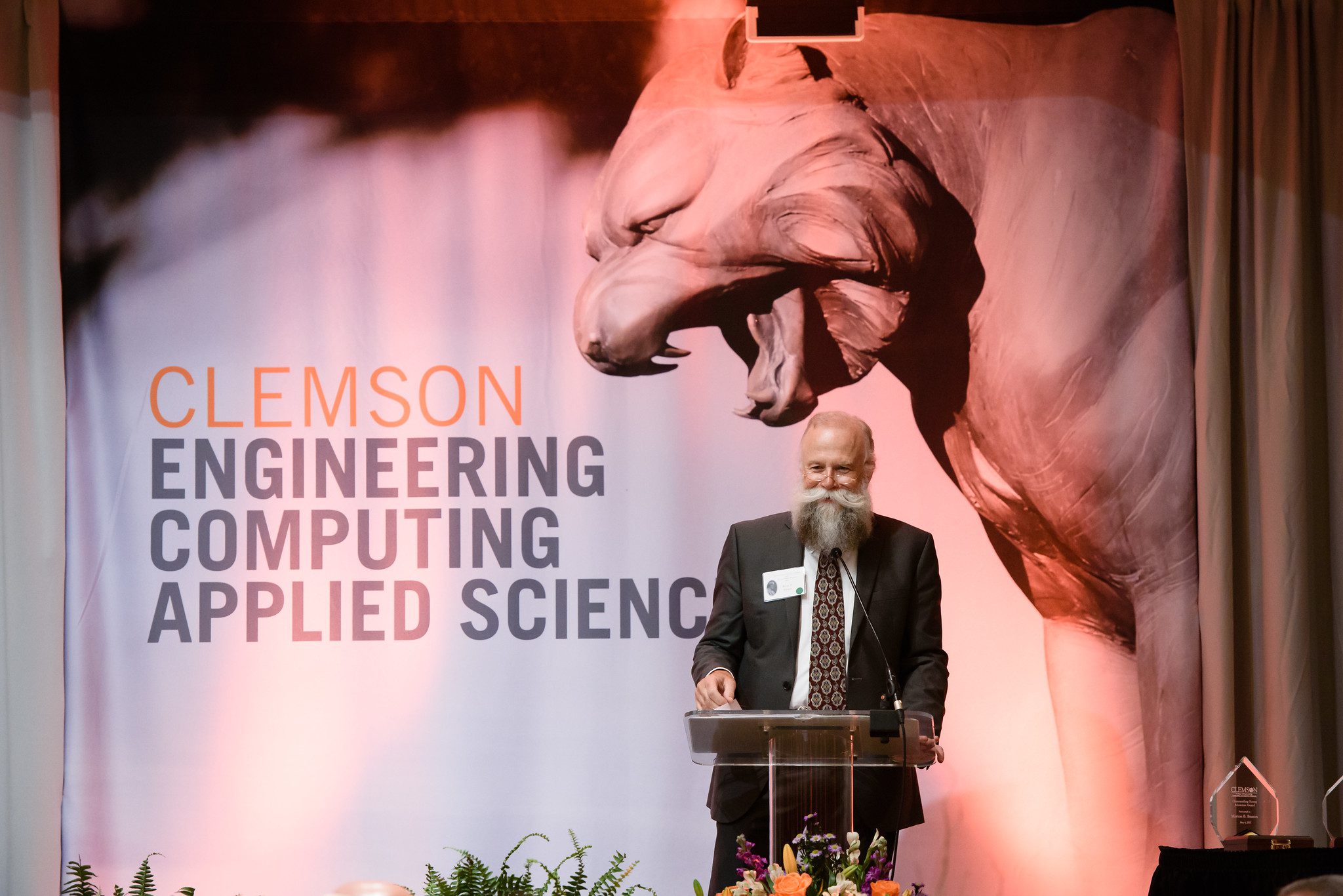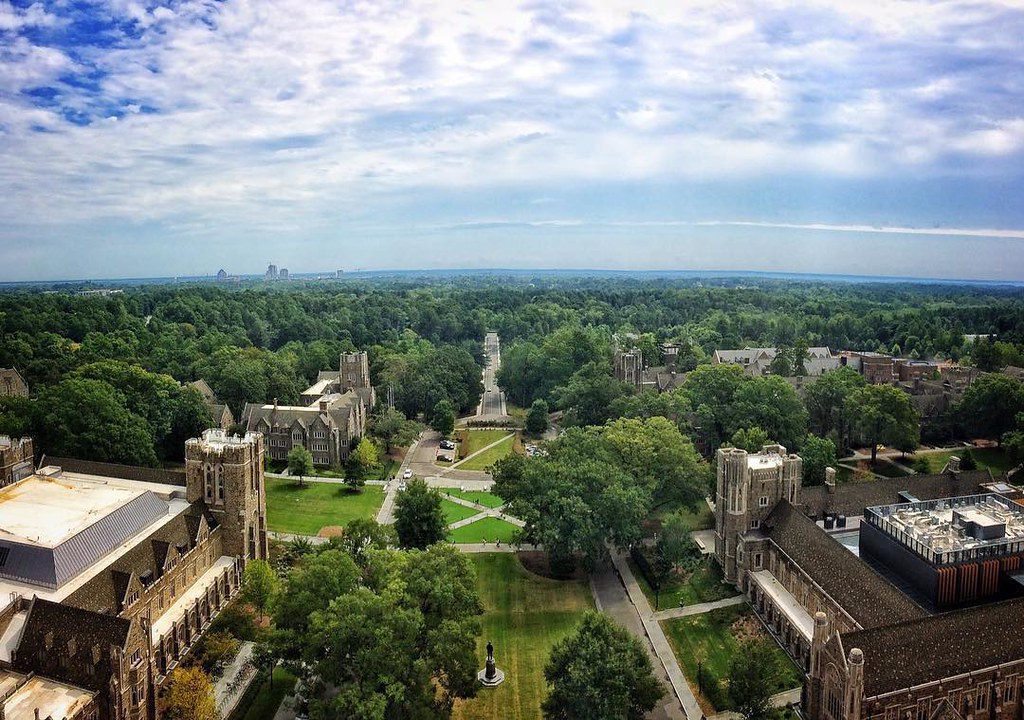With no less than 23 programs, the southeast is leading the way in clean energy education. According to a recent report, the southeast uses a significant percentage of alternative and renewable sources including wind, solar, biomass, and nuclear. This means there are significant opportunities for new growth in the green energy sector. We have assembled a list of programs that will ready anyone interested in a career in clean energy.
Alabama
- Calhoun Community College – Associate of Applied Science Degree – Advanced Manufacturing – Renewable Energy
Calhoun Community College in Decatur is home to the Alabama Center for Excellence in Clean Energy Technology facility (ACE-CET), and students in the Renewable Energy program have the advantage of training at this state-of-the-art facility. Graduates will be prepared to meet the workforce needs of the growing green energy sector in Alabama and beyond.
- University of Alabama at Birmingham – Master’s Program in Sustainable Smart Cities
Learn to design the cities of tomorrow with the online master’s program in Sustainable Smart Cities through UAB. Through a partnership with Staffordshire University in the UK, the program is taught by distinguished faculty from both institutions and will equip students with the knowledge and skills to build sustainable urban design centers. Career paths include urban planning, architecture, and environmental management.

- The University of Alabama – BS Environmental Engineering
According to the U.S. Department of Labor, job growth in environmental engineering is expected to increase by 22% through 2022. Environmental engineers draw on a variety of disciplines to solve complex problems facing the environment today. The university’s engineering program has a respected 175-year history with UA being one of the first five institutions to offer engineering education. The Environmental Engineering program is accredited by the Engineering Accreditation Commission of ABET.
Florida
- College of the Florida Keys – A.S. Engineering Technology
If the Engineering Technology program isn’t attractive enough on its own, the surrounding environment might add to the appeal. This program uses the vast natural resources of the Florida Keys to generate green energy while training students for jobs in the clean energy sector. The degree program is supported by a grant from the National Science Foundation and includes a concentration in Renewable Energy focusing on solar, wind, and ocean technologies.
- Florida Institute of Technology – Bachelor’s In Sustainability Studies
The interdisciplinary Bachelors in Sustainability Studies allows students to take courses in diverse subjects such as sustainability, renewable energy, corporate social responsibility, oceanography, and non-profit management. The Florida Tech campus is conveniently located amid Florida’s tech corridor, an area that boasts the “fifth-largest high-tech workforce in the country.” Given the tech-centric location, students have a wealth of professional networking opportunities.

- Seminole State College of Florida – EMERGE Program for Sustainability & Renewable Energy
The EMERGE program for Sustainability and Renewable Energy provides hands-on training in green and emerging technologies. The program results in a multi-disciplinary certificate that will benefit energy technicians as well as those focused on other facets of the renewable energy sector. The primary goal of the EMERGE program is “to create a better-informed global citizenry…one prepared to meet the future’s energy demands with sustainable solutions.”
- University of Central Florida – Solar Training Network
Funded by the U.S. Department of Energy’s SunShot Initiative, the Solar Training Network at the Florida Solar Energy Center is designed to meet the workforce needs of the state’s solar sector. Members of the Solar Training Network have access to job listings, workforce development training, and other solar industry resources.
- Florida Atlantic University – The Southeast National Marine Renewable Energy Center
The Southeast National Marine Renewable Energy Center at FAU was established “to advance the science and technology of recovering energy from the oceans’ renewable resources, with special emphasis on those resources available to the southeastern U.S.” The center focuses its efforts across six main categories including education and outreach, technology development, resource measurement and modeling, environmental assessment, technology testing, and regulatory framework.
- University of South Florida – Sustainable Energy Concentration
The Patel College of Global Sustainability at USF offers a Sustainable Energy Concentration meant to prepare students for opportunities in this growing field. The concentration accepts students from a wide variety of backgrounds and trains them for leadership roles in biofuels, solar, wind, biomass, and other renewable energy sectors.
- Everglades University – Bachelor of Science Degree with a Major in Alternative and Renewable Energy Management
This degree program covers management skills as well as technical skills as they relate to the renewable energy sector. Graduates may pursue opportunities as project managers, technicians, analysts, and consultants. Everglades University has locations throughout South Florida, and students can choose to complete coursework on campus or online.
Georgia
- Emory University – Minor in Sustainability Sciences
The Department of Environmental Sciences at Emory University in Atlanta offers a minor in Sustainability Sciences. The curriculum will examine how organizations, cultures, and technologies intersect with the biophysical environment. Students will gain a solid understanding of theories, practices, and challenges related to sustainability.

- Kennesaw State University – Renewable Energy Engineering Technology Minor
The Electrical Engineering Technology program at Kennesaw State is highly ranked and includes a variety of specializations such as audio, digital design, biomedical, renewable energy, and computer design. The EET program offers a minor in Renewable Energy Engineering Technology which students can use as a launching pad for entry-level positions as renewable energy technicians.
- University of Georgia – Sustainability Certificate
The interdisciplinary Sustainability Certificate focuses on three spheres: ecological, economic, and social. The certificate program is part of the Odum School of Ecology but is also supported by other organizations such as the Office of Sustainability, Center for Integrative Conservation, and the Franklin College of Arts and Sciences.
- Georgia Institute of Technology – Minor in Energy Systems
The Energy Systems minor at Georgia Tech in Atlanta allows students of all majors to choose a focus within the energy industry that relates to their primary studies. Students work in interdisciplinary teams on a significant energy-related research project prior to completing the program.

North Carolina
- Central Carolina Community College – AAS degree in Sustainability Technologies
The Sustainable Technologies program focuses on sustainability issues, green building, and alternative energy. Students can pursue the AAS degree as well as obtain certificates in biofuels, green building, and renewable energy. Upon graduation, career prospects include government and private sector jobs as sustainability consultants, green building managers, and renewable energy technicians.
- Appalachian State University – Master of Science in Technology
Part of the Department of Sustainable Technology and the Built Environment, the MS in Technology offers three concentrations: Renewable Energy Engineering, Sustainable Building Design and Construction, and Appropriate Technology, with the latter focusing on sustainable technologies within renewable energy systems. In addition to hands-on engagement, the program emphasizes research, leadership development, and analytical skill development.

- Duke University – Energy Engineering Minor
The Energy Engineering program is part of the Pratt School of Engineering, ranked number 9 among the top engineering schools in per-faculty research. The minor in Energy Engineering is open to all undergraduate engineering students and provides “rigorous” training in energy fundamentals.
- North Carolina State University – NC Clean Energy Technology Center
The NC Clean Energy Technology Center at NC State provides numerous educational and skills training programs. Students can choose the Renewable Energy Technologies Diploma Series, administered through NC State, or complete online training in solar photovoltaic, wind energy tech, green building, and energy efficiency. The center was founded in 1987 and has partnered with government organizations, academia, and non-profits to “include a greater geographic scope and array of clean energy technologies.” Training programs through the center are NABCEP-certified.
South Carolina
- Clemson University – Renewable Energy Certificate Program
The Renewable Energy program is comprised of three basic classes in solar power, wind power, and grid penetration. Courses can also be used to satisfy continuing education requirements for professional engineers in certain other states. Courses are offered online, making this certificate easily accessible for students in the southeast and beyond.

- University of South Carolina – Sustainable Carolina Leadership Program
The Sustainable Carolina Leadership Program is open to all undergraduate students regardless of their major. Program participants will learn how sustainability relates to their primary area of study and their career goals as well as develop noteworthy leadership skills through hands-on experience. Students in the program graduate with Leadership Distinction and also receive one-on-one career coaching with staff members to discuss future professional goals.
- College of Charleston – MS in Environmental and Sustainability Studies
The Environmental and Sustainability program is an interdisciplinary program comprised of six departments: Biology, Geology, Math, Physics and Astronomy, Political Science, and Economics. Coursework combines studies in both policy and science and an internship and thesis provide graduates with quality management and research training.
Virginia
- Liberty University – B.S. Business Administration: Green and Sustainable Management
This undergraduate program is taught online and accredited by the Accreditation Council for Business Schools and Programs. Electronic textbooks are provided for all undergraduate courses at no cost to the student (a potential savings of $800 to $2000). Graduates can look forward to potential careers as construction project managers, parks and recreation managers, professional consultants, and sustainability analysts.





